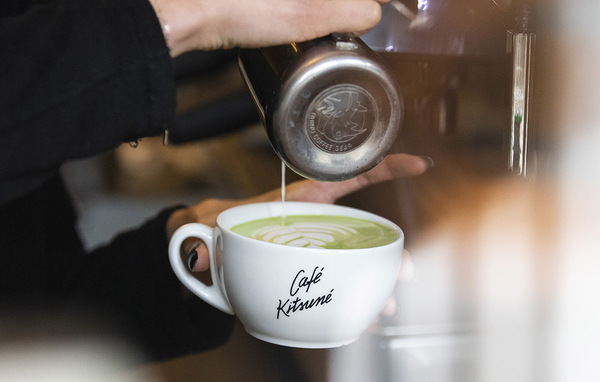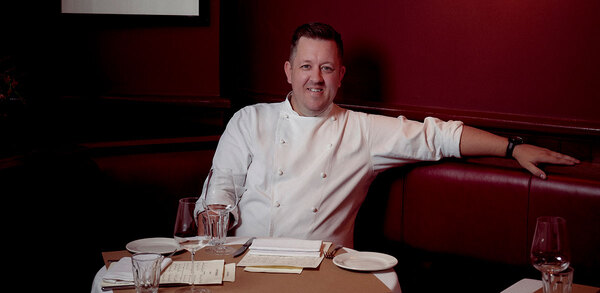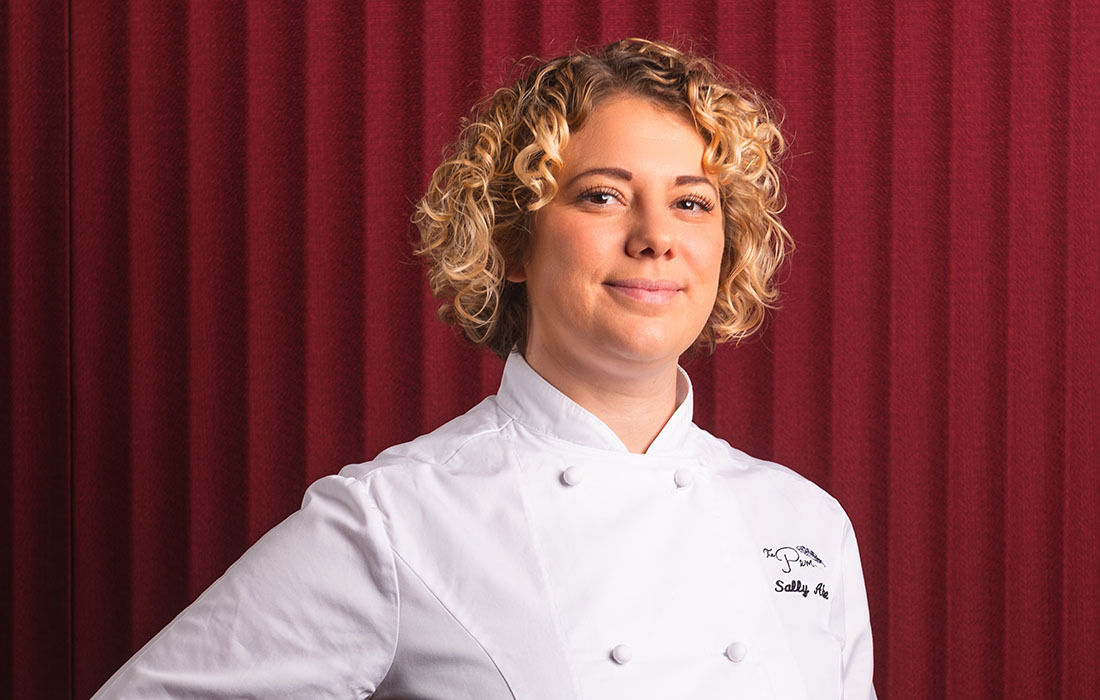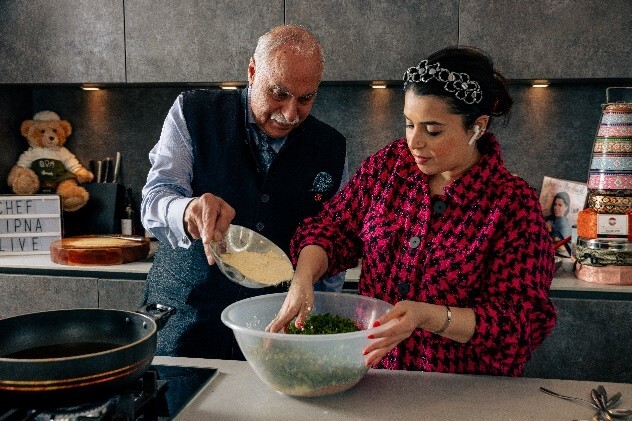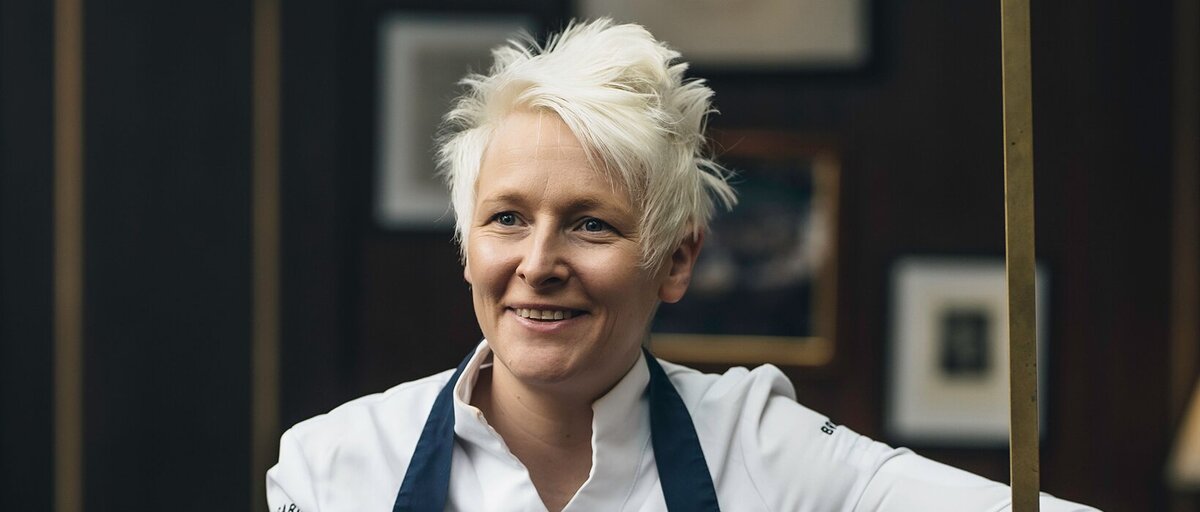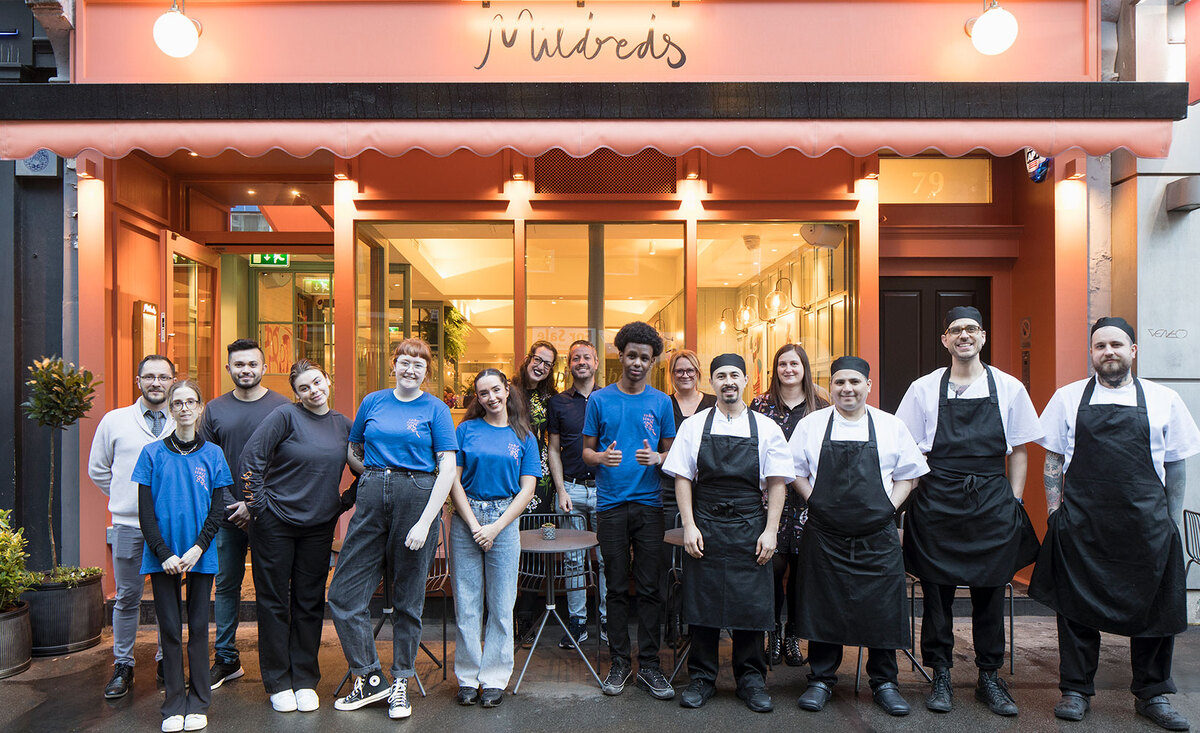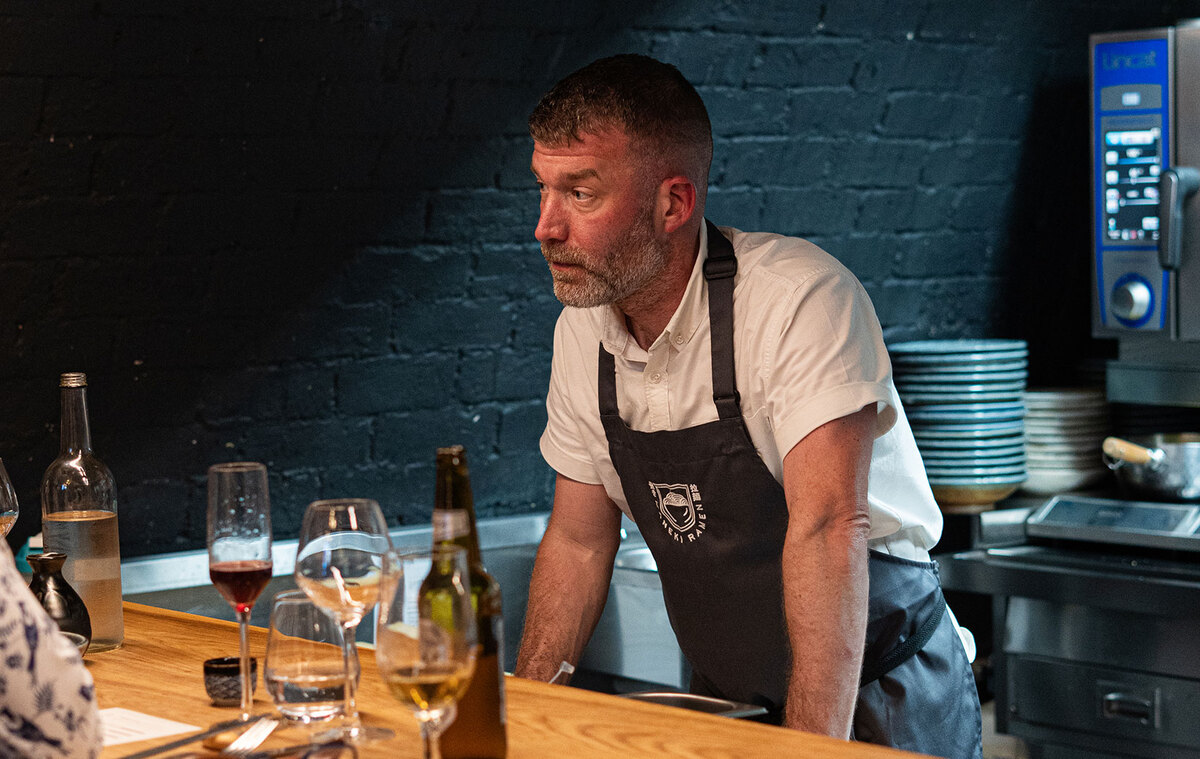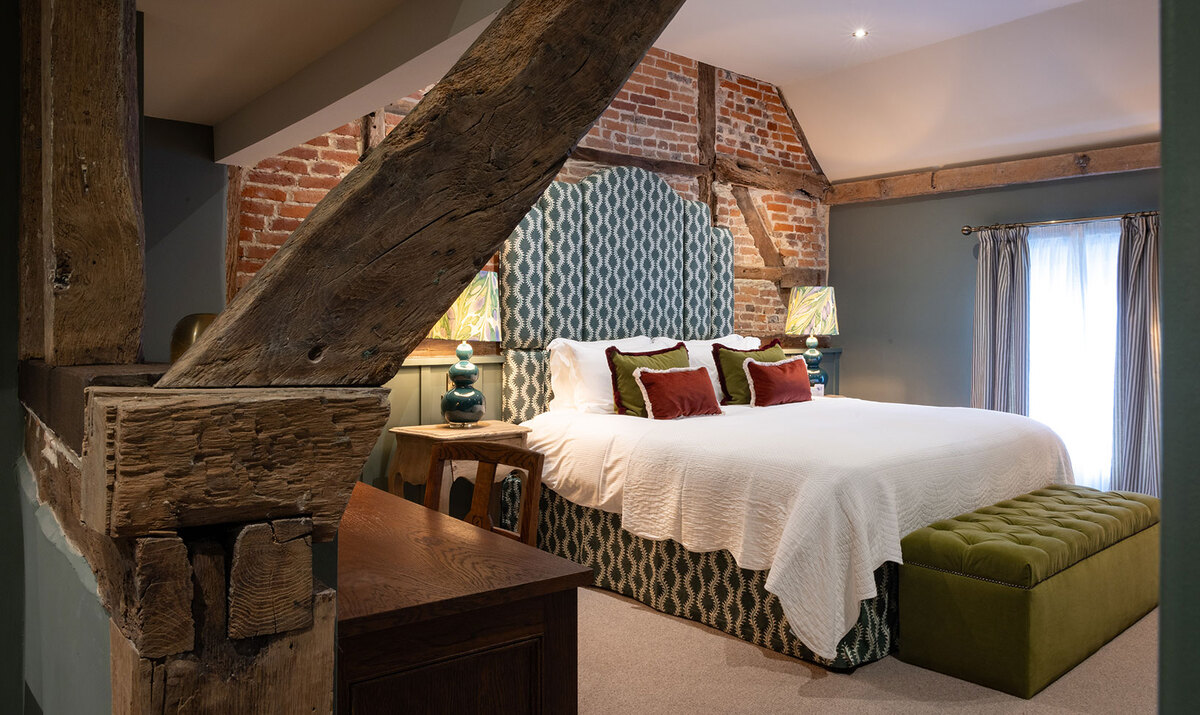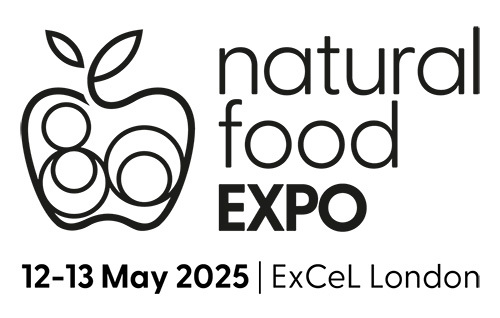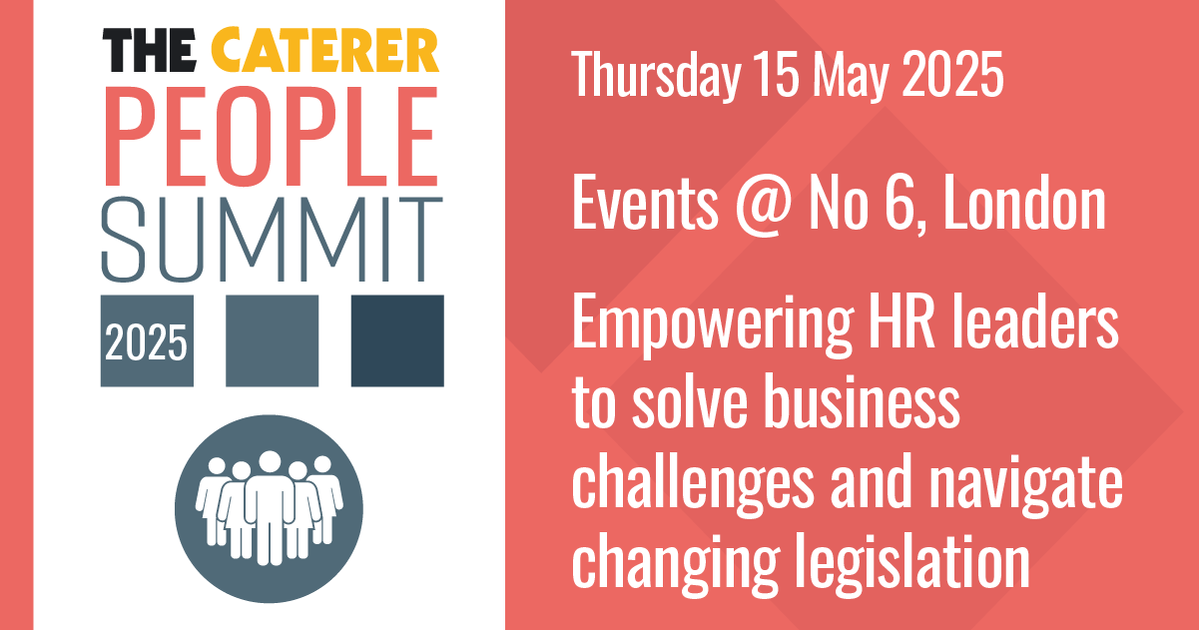The people putting the fun into fundraising
Whether you’re looking for £1m from an angel investor, a £20m windfall or crowdfunding, it’s the people – their skills, advice and personalities – that matter when signing that deal. Glynn Davis reports
Seeking investment can be a time-consuming and daunting experience for hospitality operators of all sizes but, interestingly, it is invariably less about the hard numbers and more about the relationships.
Mark Crowther, chairman of Portobello Pub Co and non-executive director at the Pub People Company, has been involved in financing myriad deals, and he says its the people, not the plan, that’s most important.
“Good backers are interested in people, not just the business idea,” he says. “It’s a relationship thing. When someone is backing you and giving you lots of money, things won’t always go well, but if you have a good relationship with them, it will be easier to get over the obstacles.”
“I wanted backers who I could have a pint in the pub with after the board meeting”
Crowther brought Zetland Capital into Portobello Pub Co, which initially involved the purchase of 12 freehold pubs from Antic and has since been built into a business spanning 19 properties. During this he recognised kindred spirits at the investment firm.
“I wanted backers who I could have a pint in the pub with after the board meeting. When looking for investment you need a chemistry with the investors and they need to be people you’d hang out with and have calls with,” says Crowther.
What he did not necessarily need was experienced business operators. Instead, he was chiefly looking for people where he could leverage their skills at structuring future deals into handling acquisitions and working with the banks. “They are clever accountants at the end of the day – they do not run the business,” he says.
Collective knowledge
The levels of involvement of investors can vary greatly. Unlike the relatively hands-off arrangement between Portobello and Zetland, the situation with Mildreds Restaurant Group (which trades through Mildreds & Mallow) and its investor private equity firm Encore Capital, is very different. The investment firm is very much involved in helping run the company, and having access to the skill-set of its small team is proving a great benefit to the growing Mildreds business.
Sam Anstey, managing director at Mildreds, says: “These guys are really involved. They have someone to help with blue-sky thinking, an analyst, a marketing expert and someone who can help with growth. They all have a different angle and they’ve taught me a lot.”
Having this close relationship has helped with accessing additional funding from Encore because the team has greater visibility of the day-to-day activities at Mildreds and they are firmly plugged into the company’s long-term strategy. “I love the situation as they are passionate backers who were originally customers of Mildreds and are also vegan. They are happy to invest further funds as long as it’s a well thought-out process,” says Anstey.
Guardian angels
Encore typically invests between £2m and £20m in individual businesses, which perfectly suits Mildreds. Businesses requiring funding amounts at the lower end of this scale or below £2m would be much better seeking investment from friends and family as well as angel investors, according to Vincent Mourre, co-founder and chief executive at advisory firm WhiteSpace Partners.
It’s the angel investors who are particularly interesting, he says, because they can bring in experience to young businesses. “You could be an excellent founder of a business, but you will need additional skills such as in real estate and IT. Skills in an external investor are very important – they could actually be more valuable than the money.”
Finding these angel investors means chef proprietors in particular need to get out of the kitchen and network. “Get in the industry media and speak at conferences. A lot of small businesses can capture the attention of the media as the new kid on the block, and it’s very important for chefs not to spend 100% of their time in the kitchen or there is no time for [concentrating on] growth. They need to find the resources to make it bigger.”
Mourre acknowledges that fundraising can be very distracting to running a business, and how this is handled will be noted by potential investors as it provides a good indication of how well-structured an operator is for handling growth following an injection of money. “As an investor I’d not be too keen on the raising taking too long and the founder still handling all the day-to-day running of the business,” he suggests.
Crowd control
For hospitality firms looking to raise only modest sums of the money – £1m to £3m and below – he recommends crowdfunding as an option. “A lot of companies that are unable to find investors go for crowdfunding. It allows founders to keep control and it brings in engaged people. It’s not about the valuation as these companies often don’t have a real value at this very early stage,” explains Mourre.
However, he warns that it is not necessarily a route to easy money. It can be a time-consuming exercise and success is often determined by how much the business stands out from the pack. “You need to be something special,” he says.
Maneki Ramen clearly stands out. Pete Dovaston, founder and chef at Maneki Ramen in Worcester, says he has used crowdfunding twice. Initially he raised £500,000 and more recently he brought in over £95,000, which is being used to support the opening of a new outlet in Birmingham. He agrees it was a timely endeavour and that not all went to plan when he was devising the giveaways and perks for investors. The real winner was vouchers, effectively a pay-forward mechanic, where he offered a 50% discount off the bill at the new venue.
“Make sure the offer is a good one. Some [businesses] do not do well on crowdfunding as they are dull. You need to be on social media every day and it takes a lot of time and effort. There are highs and lows during the fundraising, but the first week and the last few days [of the offer] were the main funding periods,” he recalls.
One of the appealing aspects for Dovaston was that it enabled him to keep the equity. “We had genuine offers of investment, but I did not want to give any of the business away,” he says.
This also suited his fellow business owners, Hereford-based ART Hospitality Group, which had invested in a small number of restaurants and was regarded as a good fit by Dovaston, who recognised his limitations: “I’m a chef and I don’t necessarily know finance.”
He says that small hospitality companies should also consider grants from local councils. His grant from Birmingham Council involved £10,000 for each local person that he employs that will bring in £100,000, and other grants enabled him to buy a van to operate as a food truck. His accountant is tasked with searching out grants and helping handle the paperwork involved.
“They push us to be more ambitious. It is so liberating. Where we saw risks, they saw opportunities”
The chief appeal of ART Hospitality Group to Dovaston was that he felt it was a good fit and he liked the way the group had helped its other investments grow – certainly an important factor when considering which investment firms to put on the hit-list.
It was definitely the case for Richard Ferrier, chief executive of Heartwood Collection, who had seen the work private equity firm Alchemy had done with Inn Collection – especially during Covid-19. When many businesses struggled, Alchemy had made sure the funds were available for it to flourish when post-pandemic opportunities arose.
“We looked around for investment and saw who was aligned with our plans. We considered private equity, angels and family. Alchemy was the logical investor after what it had done with Inn Collection,” he says.
The firm made the funds available for Heartwood to pursue its strategy of acquiring pubs with rooms. “They push us to be more ambitious. It is so liberating. Where we saw risks, they saw opportunities. It’s great to have them as an investor – they are worth their weight in gold,” says Ferrier.
Interested in attracting investment? Find out more at The Caterer Summits

Hear more invaluable advice from the experts at The Caterer’s upcoming Financing for the Future webinar on 2 July, a free event for anyone in hospitality who manages company funds. Register your interest to be sent more information soon.
Illustration: eamesBot/Shutterstock


